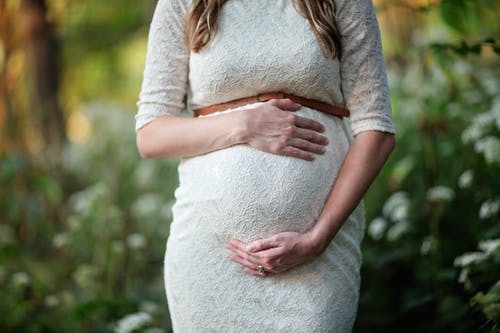Prenatal testing for rare conditions can be inaccurate 85 percent of the time.
When an expecting mother has her blood drawn during the first trimester of her pregnancy to see if the developing fetus has a rare disorder that the family should be aware of, she is anticipating that the prenatal test used will be accurate and she can make informed decisions based on results. Unfortunately, research has shown that the first trimester tests are largely inaccurate (in 85 percent of cases, to be exact) and could be leading many would-be moms to consider terminating their pregnancies with a valid reason. Moreover, the companies who manufacture these tests currently serve more than a third of expecting mothers.
The technology behind the tests is known as noninvasive prenatal testing (NIPT). It is supposed to detect missing chromosomes that would be indicative of a rare condition. These tests are designed to screen for things like intellectual disabilities, birth defects and a high infant mortality rate.

For patients who are especially worried that their developing baby could have a rare condition (i.e., maybe it runs in the family), obstetricians prefer to do a more invasive test that has a small risk of miscarriage. The blood screenings are too unreliable.
“It’s a little like running mammograms on kids,” said Mary Norton, an obstetrician and geneticist at the University of California, San Francisco. “The chance of breast cancer is so low, so why are you doing it? I think it’s purely a marketing thing.”
Alberto Gutierrez, former director of the Food and Drug Administration (FDA) branch that oversees this testing, agrees. He took a look at the marketing paperwork of three testing companies and said they were “problematic…I think the information they provide is misleading.” If patients do go that route and are concerned with the results, they are advised to get follow-up testing anyway to confirm a diagnosis. An, the marketing materials that advertise the testing never mention that a false positive might occur.
A test taken by Yael Geller showed her son would suffer from Prader-Willi syndrome, which causes mental illness and could mean that the child would have little chance of living independently as an adult. However, a few weeks late, Geller would learn that the test was wrong.
The same happened for Allison Mihalich, 33. “I couldn’t help but have termination on my mind,” she said, after the screening indicated her baby could have Turner syndrome. And there are many others in the same boat.
Cloey Canida, 25, got a positive result from Roche’s Harmony test which said her daughter had a “greater than 99/100 probability of being born with Patau syndrome,” a condition in which her baby would likely not survive beyond the first week. Canida spent $1,200 on follow-up tests, which showed her pregnancy was healthy, and that her daughter would not be born with this disorder.
“I wish that we would have been informed of the false positive rate before I agreed to the test,” she said. “I was given zero information about that.”
Gutierrez had a very blunt reaction to reviewing an advertisement for the Quest Diagnostics QNatal Advanced Test. “These numbers are meaningless,” he said.
With the results so obviously meaningless, more women need to be aware of the potential for a false read and the risks associated with it.
Sources:
Noninvasive Prenatal Testing for Rare Diseases Is Wrong More Times Than Right: Report
When They Warn of Rare Disorders, These Prenatal Tests Are Usually Wrong


Join the conversation!